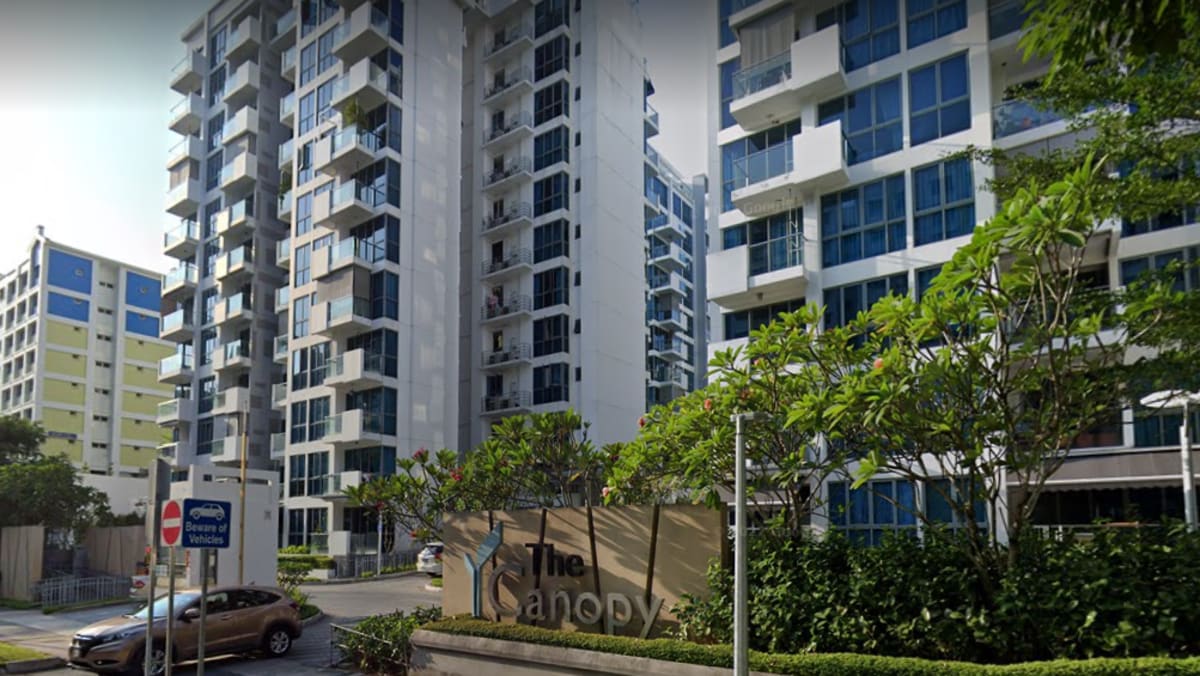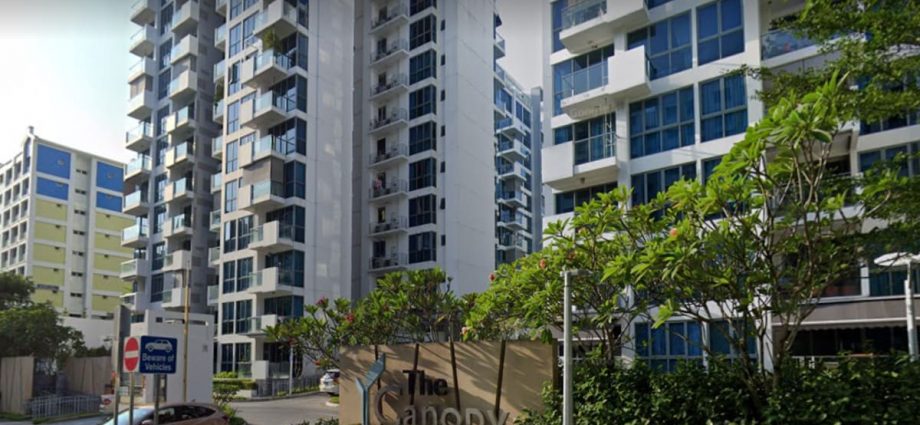
SINGAPORE: A court has thrown out a claim of defamation by three condominium council members against their chairperson, over a letter detailing mismanagement of the estate such as faulty lights and dirty toilets, and a poorly maintained fountain and swimming pool.
In a judgment published on Wednesday (Feb 8), District Judge Wong Peck detailed her reasons for dismissing the claim.
Two of the three council members of The Canopy condominium in Yishun who launched the suit are appealing against the decision.
THE CASE
The plaintiffs filed the suit over a letter published by the then-chairman of The Canopy condominium management council, Mr Benson Goh Siong Heng.
In the letter dated Aug 11, 2017, Mr Goh sought to call an extraordinary general meeting. In his letter, he proposed to table a motion of no confidence against the management council which the plaintiffs were part of, as well as a motion to select a new management council.
The note stated that maintenance fees were to be reduced by S$3 per share, for shuttle bus service to be resumed without increasing maintenance fees, and to resolve the issue with the current council members due to “no confidence” as well as incidents against estate house rules.
This included a pool party held for pets at a badminton court during a water carnival and another party held for pets at the court.
The letter further alleged mismanagement of the estate. This included landscape and estate lights that were not working and were not replaced, the pumps that operated the fountain were not working properly, leading to cleanliness issues, and the deterioration of landscaping. The guest toilets and the swimming pool also suffered from similar cleanliness issues.
In the note, Mr Goh proposed that council members be re-elected and called for a review of the whole set of estate house rules by law.
The letter was addressed to the secretary of the management corporation strata title of the Canopy condominium and sent to all voting members of the condo. Notices containing the letter were also posted on notice boards in the condo’s lift lobbies and on the official website of the Canopy at that time.
The plaintiffs were unhappy with Mr Goh’s letter and found it defamatory. They said they held important positions in multinational entities and local bodies.
The first plaintiff, Fang Yiqiang, is a senior telecommunication employee at a Fortune Global 500 Chinese multinational entity and a commissioned officer in active reserve in the Singapore Army.
The second plaintiff, Jason Kwek Siew Chuan, is the regional Chief Financial Officer of a multinational entity listed on the London Stock Exchange and is an adjunct lecturer at the Singapore University of Social Sciences.
The third plaintiff, who was not named in the judgment, is a regional supply chain specialist of a multinational entity in the aviation industry.
They sued Mr Goh, claiming that they had suffered reputational damage because of the letter.
They claimed that the letter alleged, among other things, that they had abused their positions as council members, lost the confidence of the condo residents due to the way they handled events, were incompetent as they could not organise events complying with estate house rules and lacked integrity.
Mr Goh admitted to writing the letter and sending it to the residents of the condominium, but denied that it was defamatory.
Judge Wong agreed with Mr Goh’s position, saying that the legal test for establishing defamation had not been satisfied.
Firstly, the plaintiffs were not specifically named in the statement, as reference was made to the council as a group.
Judge Wong found that if an ordinary reasonable person read the letter, the standing of the plaintiffs was not lowered in the reader’s estimation, as Mr Goh was merely raising his concerns about the way the estate had been run.
“There was no reference made in the letter as to incompetence or negligence, or (that the plaintiffs) had breached any statutory duties or had abused their positions as council members,” said Judge Wong.
She agreed that the two pet parties that were held in May and August 2017 were not in compliance with the condo rules and regulations.
She also agreed with Mr Goh, who did not approve of having pets at the badminton court for a Halloween party in November 2016. The approval that had been given was only for pets walking around the estate and not at the badminton court.
Judge Wong found that Mr Goh had proven at trial that the landscape – including at the rear of the condo – and estate lighting, fountain pumps, guest toilets and swimming pool were poorly maintained.
Hence, there was justification for his written words about the poor maintenance of the estate, she said.
She ordered the plaintiffs to pay costs and disbursements to Mr Goh.
The appeal against her decision will be heard in the High Court at a later date.

